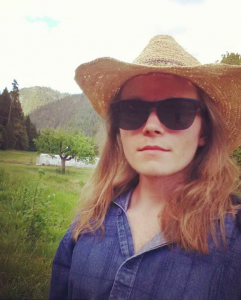A group of MTU students traveled to Madrid to participate in COP25, the UN’s meeting on climate change. Their experiences are being shared via the MTU Unscripted blog:
- https://www.mtu.edu/news/stories/2019/december/michigan-tech-students-participate-in-cop25.html
- https://www.mtu.edu/unscripted/stories/2019/december/the-road-to-cop25.html
- https://www.mtu.edu/unscripted/stories/2019/december/cop25-we-are-the-solution.html?fbclid=IwAR3WMJRidp79vfyrq87sIdiGNjXTWy-g2cPjPTa2iGkzvcv89hEvCqVzhAI
Their posts expand on the process and planning involved in getting them there as well as their experiences at and reflections on the event. They provide a great example of the determination and tenacity of MTU students and their efforts and contributions to improving communities across the world.
Climate change is a global and sometimes seemingly insurmountable problem, but the efforts of students traveling all the way from this small community in the UP are contributing to the changes that are necessary to ensure a planet that is habitable for future generations. We are lucky to have faculty at MTU committed to getting students involved in this globally impactful event (thanks to Dr. Sarah Green, Chemistry).
Students, we are proud of you and your work!

